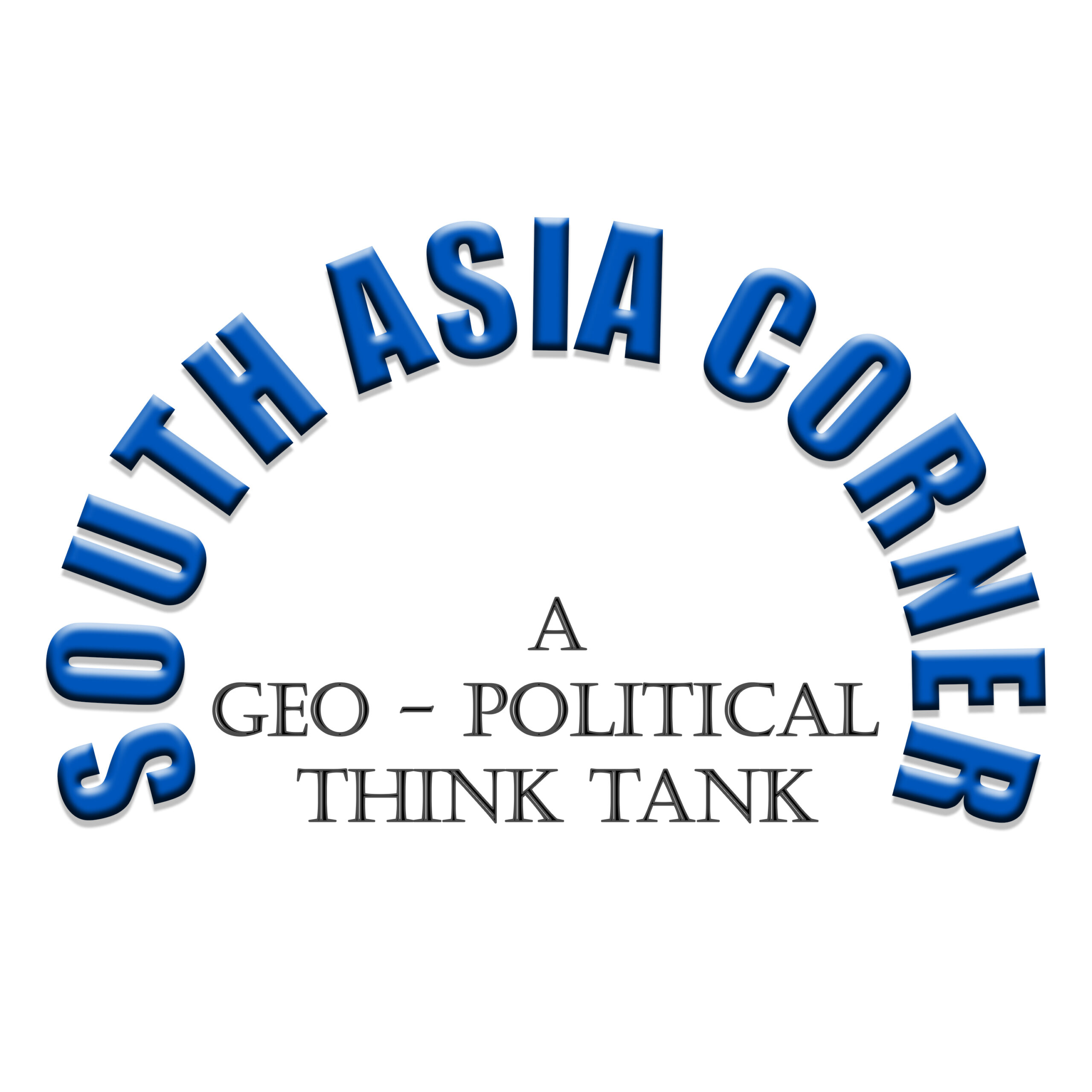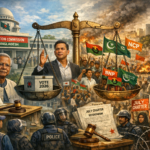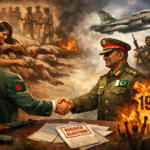The tabulation of votes in Pakistan subsequent to a national election on Thursday encountered unforeseen delays, prompting the country’s election commission to issue a late-night directive to polling officials, a total of 10 hours after polls had closed, urging the immediate release of results. Before this, the election had already been plagued by militant assaults and the suspension of mobile phone services, leaving the political landscape uncertain well into the hours following the close of voting.
Pakistan, situated in South Asia, finds itself amid an economic crisis while simultaneously grappling with escalating militant violence within a deeply divided political sphere.
An “internet issue” was cited as the cause behind the delay, according to Zafar Iqbal, special secretary at the Election Commission of Pakistan (ECP), who announced the official results for a constituency more than ten hours after polling. The primary contention is anticipated between candidates supported by imprisoned former Prime Minister Imran Khan, whose party emerged victorious in the previous national election, and the Pakistan Muslim League, led by former Prime Minister Nawaz Sharif, who analysts suggest is backed by the influential military. With the tallying continuing through the night, a clearer picture was expected to emerge by early Friday.
The transmission of projected results via local television channels experienced unusually sluggish progress. In past elections, by midnight local time on election day, a clearer indication of which party held a significant lead would have been evident. However, most projections on television channels indicated figures below 20% for each of the 265 seats being contested in the federal parliament.
“The Election Commission has instructed all provincial election commissioners and returning officers to announce all results within half an hour, or stringent measures will be taken,” stated a release from the Election Commission of Pakistan (ECP), minutes before the announcement of its first official result. “Discussion about a coalition government should be avoided. It is crucial for a government to secure a clear majority. It should not rely on others,” he told reporters after casting his vote in the eastern city of Lahore.
Thousands of troops were deployed throughout the country’s streets and at polling stations, while borders with Iran and Afghanistan were temporarily shut down as security measures were intensified to ensure safety. Despite heightened security measures, nine individuals, including two children, lost their lives in bomb explosions, grenade attacks, and shootings.
At least 26 individuals were killed in two explosions near the offices of electoral candidates in the southwestern province of Balochistan on Wednesday. The responsibility for these attacks was later claimed by the Islamic State. Among Thursday’s victims were five police officers who were killed in a bomb blast and firing on a patrol in the Kulachi area of Dera Ismail Khan district in the northwest, as authorities reported. Additionally, two children perished in a blast outside a women’s polling station in Balochistan.
“Despite a few isolated incidents, the overall situation remained under control, demonstrating the effectiveness of our security measures,” stated caretaker Interior Minister Gohar Ejaz in a statement.
Mobile phone services, which were suspended for security reasons, were gradually being reinstated, according to the Interior Ministry’s late Thursday announcement.
The Pakistan Tehreek-e-Insaf (PTI) party, led by former cricket superstar Khan, issued a statement on X, urging people to remove passwords from their personal WiFi accounts “so anyone in the vicinity” could access the internet.
Washington expressed concern about “measures taken to limit freedom of expression, particularly regarding internet and cellphone usage,” said State Department deputy spokesperson Vedant Patel to reporters. The U.S. vehemently condemned violence related to the elections both in the lead-up to the polls and on election day, Patel added.
Despite security concerns and harsh winter conditions, individuals queued at polling stations hours before voting commenced. “The country’s future is at stake; why should I arrive late?” questioned 86-year-old Mumtaz, a housewife older by a decade than Pakistan, as she waited in line in Islamabad.
The decision to suspend mobile networks drew criticism from leaders of opposition parties, with Bilawal Bhutto Zardari of the Pakistan Peoples Party, the 35-year-old son of the late former premier Benazir Bhutto, calling for their “immediate restoration.”
United Nations Secretary-General Antonio Guterres expressed concern about violence in Pakistan and the suspension of mobile communications services on election day in the South Asian nation, according to his spokesperson in an emailed statement.
“It is imperative for all candidates and supporters to ensure full respect for human rights and the rule of law in the interest of the Pakistani people and to resolve any disputes through established legal channels,” stated UN spokesperson Stephane Dujarric.
Amnesty International labelled it “a direct assault on the rights to freedom of expression and peaceful assembly.”
Chief Election Commissioner Sikandar Sultan Raja stated that the decision regarding mobile networks was made by “law and order agencies” in response to Wednesday’s violence.
Though the military has wielded significant influence over Pakistan during its 76 years of independence, either directly or indirectly, it has maintained for several years that it does not interfere in politics.
“The pivotal factor lies in which side the powerful military and its security agencies align,” remarked columnist Abbas Nasir. “Only a substantial turnout in favour of Khan’s PTI can alter its fortunes.”
12 Killed In 51 Terror Attacks On Election Day In Pakistan In a statement, the ISPR said as many as 12 people, including 10 personnel from security forces and law enforcement agencies, were killed and 39 others injured in these attacks.
According to NDTV ” & ARI reports, women voters in a village of NA-20 in the Swabi district were completely banned from voting, ARY News reported on Thursday. The locals allegedly prohibited women from exercising their right to vote in Adeena village in Swabi district. According to reports, the election staff were at the polling station, while few female voters were sighted.
In another incident, at least two children were killed in a blast near a polling station in Washbood Panjgur, according to ARY News.”






